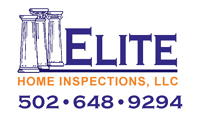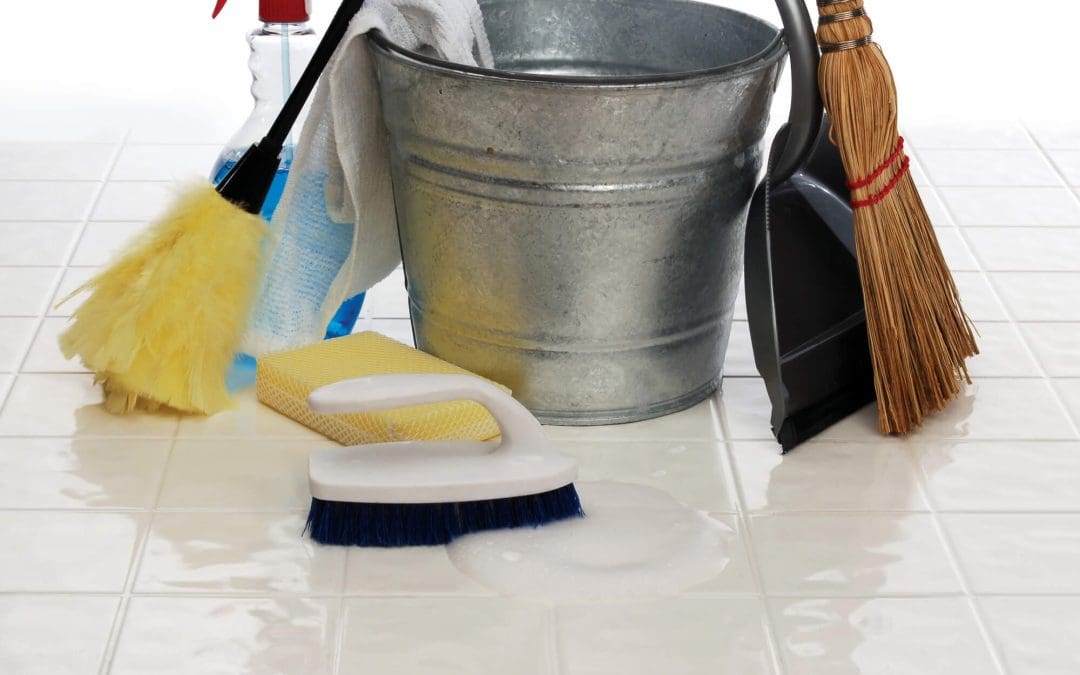Homemade cleaning supplies are simple, effective, and far cheaper than what you’ll find at the store. If you’re tired of buying products full of chemicals, it’s time to take matters into your own hands. Making your own cleaners is easier than you think and gives you control over what goes into your home.
The best part is that you don’t need a lot of fancy products to keep your home sparkling clean. With just a few affordable everyday ingredients, you can create cleaning solutions that work better than most store-bought options. Here’s how to do it.
The Benefits of Homemade Cleaning Supplies
Homemade cleaners let you cut out the chemicals, artificial scents, and synthetic dyes that are in many commercial products. If you have kids, pets, or anyone with sensitivities, it’s reassuring to know exactly what’s in your cleaning products. Homemade cleaners also save you money and reduce plastic by reusing containers.
With a few ingredients, you can clean almost every surface in your home without worrying about the harsh chemicals found in store-bought cleaners.
All-Purpose Cleaner
This is your go-to cleaner for most jobs around the house. To make it, simply mix one part white vinegar with one part water. Add a few drops of your favorite essential oil to mask the vinegar smell. This solution can clean countertops, bathroom sinks, mirrors, and even glass. Just spray and wipe—there’s no need for anything more complicated.
Avoid using this cleaner on natural stone surfaces like granite or marble, as the vinegar can damage the stone.
Glass Cleaner
Store-bought glass cleaners often leave streaks. This DIY glass cleaner uses cornstarch to give you a streak-free shine. Mix 1 cup of water, 1 cup of vinegar, and 1 teaspoon of cornstarch in a spray bottle. Shake it well before use. The cornstarch will help eliminate streaks and leave your windows and mirrors sparkling.
For the best results, use a microfiber cloth or crumpled newspaper to wipe down your glass.
Scrubbing Paste for Tough Jobs
Sometimes, you need a little extra muscle for stubborn stains. Mix baking soda with water to create a paste that works wonders on sinks, tubs, tiles, and even ovens. Start with half a cup of baking soda and add a few tablespoons of water until you get a thick paste. Spread it on the area you want to clean, let it sit for 10–15 minutes, then scrub and rinse.
For added power, spray the area with vinegar after applying the paste. The fizzing reaction helps lift grime.
Floor Cleaner
Cleaning your floors doesn’t require expensive products. For tile, vinyl, or laminate floors, mix one gallon of hot water with 1/4 cup of white vinegar and a small amount of liquid castile soap. Mop your floors as usual. There’s no need to rinse them. For hardwood floors, use warm water with just castile soap—no vinegar.
Toilet Bowl Cleaner
A simple and effective toilet bowl cleaner can be made with baking soda and vinegar. Pour half a cup of baking soda into the toilet bowl, then add half a cup of vinegar. Let it fizz for 10 minutes, then scrub with a toilet brush. This combination cleans and deodorizes without the harsh chemicals found in commercial toilet cleaners.
For tougher stains, you can add a few drops of tea tree oil or hydrogen peroxide for extra disinfecting power.
Homemade Cleaning Supplies for Laundry
Homemade laundry detergent is inexpensive and lasts a long time. Grate one bar of castile soap (or a mild soap like Fels-Naptha) and mix it with one cup of washing soda and one cup of borax. Use one to two tablespoons per load. This detergent works well in both standard and high-efficiency machines and is gentle on your clothes.
Switching to homemade cleaning supplies is simple, cost-effective, and better for the environment. Once you try making your own, you’ll wonder why you ever bought those expensive, chemical-filled cleaners. It’s easy to make the switch—just gather your basic ingredients and start cleaning with confidence.
FAQs for Homemade Cleaning Supplies
Are homemade cleaners as effective as store-bought ones?
Yes, for most cleaning tasks. Vinegar and baking soda are natural disinfectants and deodorizers. They handle everyday cleaning jobs well. For heavy-duty disinfecting, especially in areas where germs are a concern, you may still need stronger commercial cleaners.
Does vinegar leave a strong odor?
Vinegar has a strong smell initially, but it dissipates quickly. Adding essential oils like lemon or lavender can help mask the scent, or you can open a window while you clean to help the odor fade faster.
Can I use these cleaners on all surfaces?
Avoid using vinegar on natural stone surfaces, like granite or marble, as it can damage them. If you’re unsure about the material, test any cleaner in a small, inconspicuous area.
Where can I find ingredients like castile soap or washing soda?
Castile soap is available at most health food stores or online. Washing soda is usually in the laundry aisle of grocery stores or can be found online.
How long do homemade cleaners last?
Most vinegar and baking soda-based cleaners last a long time. If you’re mixing essential oils or water into your cleaner, it’s best to use it within a few months. Shake your bottles before use to keep ingredients properly mixed.
Elite Home Inspections offers home inspection services to Louisville and the surrounding areas of Kentucky. Contact us to request an appointment.

